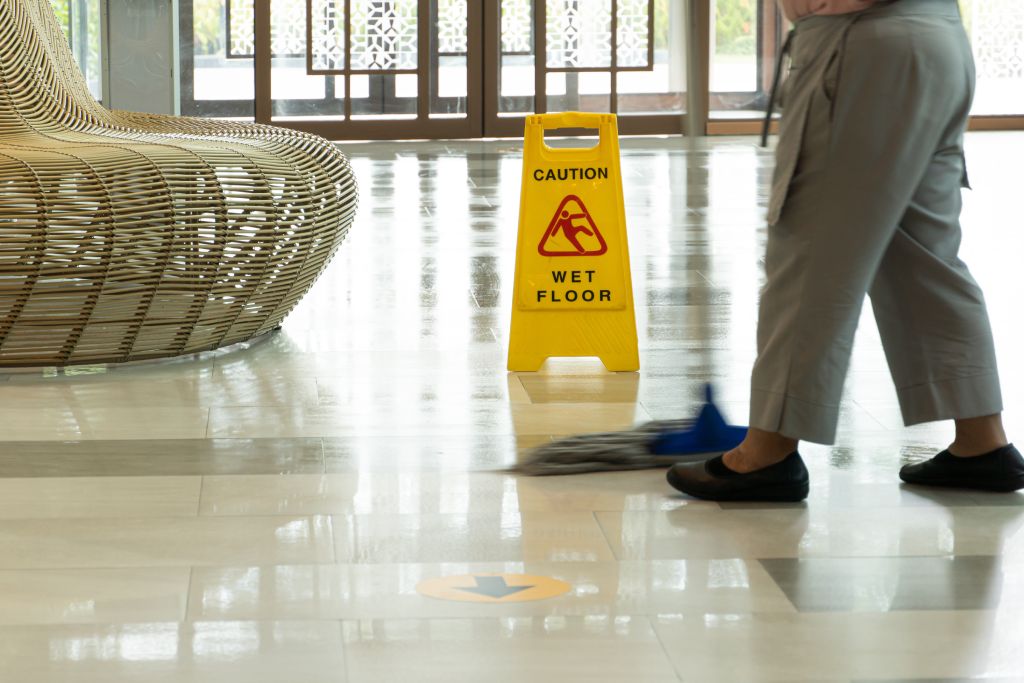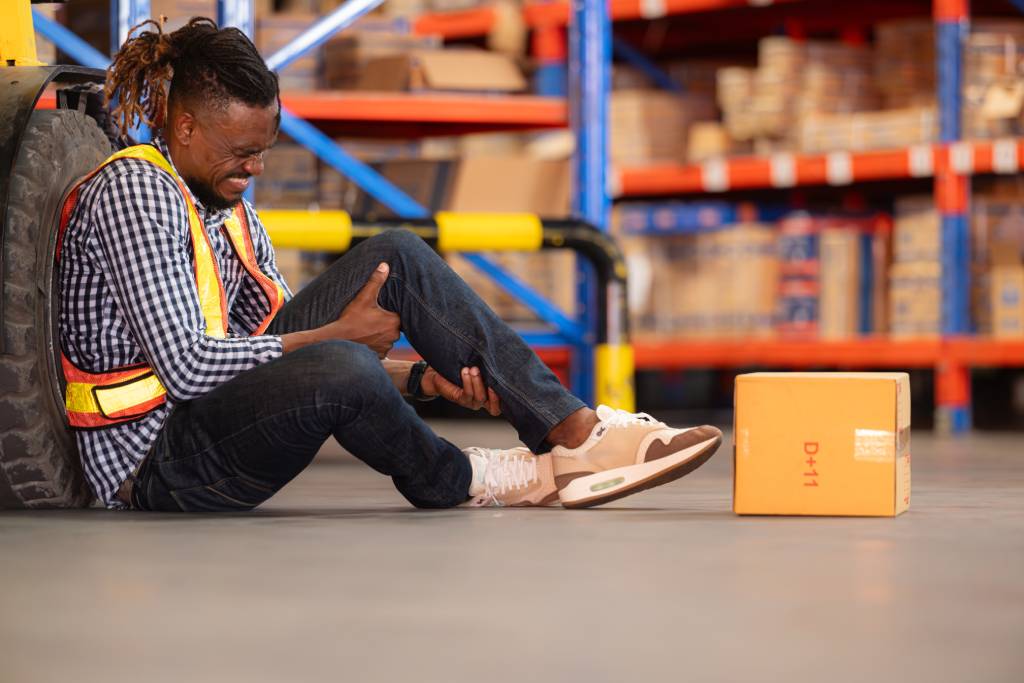Children are precious. As adults, it’s our duty – and privilege – to care for them and keep them safe. So, when a child is injured due to someone else’s careless or reckless acts, it’s deeply distressing. And in the worst cases, it can lead to serious, or even life-changing, injuries.
If your child is harmed due to another person’s negligence, you may have a compensation claim. And you deserve to explore this possibility and seek justice on your child’s behalf.
Such claims are complex, but don’t worry. Our child injury lawyers are standing by, waiting to help. While you should call to schedule a free consultation with our team, here’s a general overview of how child injury claims work.
What Is a Child Injury Claim?
A child injury claim is a personal injury claim involving a minor. Such claims arise when a child sustains an injury, and their parent or guardian claims damages on their behalf.
As with any type of personal injury, child injuries vary significantly. Some are very minor, such as small cuts or bruises. While others are significant, such as traumatic brain injuries, nerve damage, or even paralysis.
In the most serious cases, a child could be left with life-changing injuries. Or they may die from the severity of their injuries. Should you lose your child in such circumstances, do not hesitate to call us to discuss a wrongful death claim.

Causes of Child Injuries
Child injuries, in civil claims, can occur in various ways. The main ways in which child injuries occur include:
- Accidents at school
- Daycare accidents
- Drowning incidents e.g. at the local pool
- Accidents on the road e.g. car accidents
- Dog bite incidents
Children can also be harmed by, for example, faulty products e.g. faulty toys or car seats. They may also be harmed due to medical negligence or malpractice.
Proving a Child Injury Claim
Proving a child injury claim is like proving a personal injury claim for adults. You must show that:
- Someone e.g. a teacher owed your child a duty of care
- This person, or institution, breached this duty e.g. failure to supervise
- Your child was injured in an accident
- The accident was directly caused by the person or institution’s negligence
Our child injury lawyers can determine if your child has a claim after reviewing the facts.
Who Can File a Lawsuit When a Child Is Injured?
In California, no one under 18 can file their own damages claim. This is because under-18s cannot legally enter a contract. However, a parent or guardian may sue on the child’s behalf.
The courts may also appoint a guardian ad litem to act on the child’s behalf instead. In all cases, the goal is to ensure that the child’s best interests are protected.
Damages in Child Injury Claims
Valuing a child injury claim is, undoubtedly, challenging. However, you can most commonly claim for economic damages, such as medical bills and therapy costs.
You can also claim for non-economic damages. These are harder to quantify, but they include:
- Pain and suffering
- Projected long-term impact e.g. loss of ability to earn income
- Long-term medical care
Often, a judge will evaluate the proposed settlement to ensure that it’s fair based on the circumstances. This is unique to child injury claims – it does not happen in adult claims.
Given the complexity of child injury claims, it’s crucial that you contact our personal injury lawyers for help. We can accurately value the claim based on our extensive knowledge of this area.
Challenges in Child Injury Cases
Child injury cases present unique challenges. For example:
- Depending on the child’s developmental stage, they may struggle to explain what happened. And they may be unable to fully articulate how the injury makes them feel.
- Similarly, it can be more challenging to gather evidence in child injury claims. For example, a child may not think to take pictures of their injuries, or the scene.
- It is difficult to predict the long-term impact of any injury on a child. This makes quantifying damages especially difficult.
Statute of Limitations for Child Injury Claims
There are time limits for filing child injury claims. The time limit varies depending on the child’s age when the accident happened, and the type of injuries sustained.
You typically have two years from the child’s 18th birthday to file for compensation. This means that, even if an adult doesn’t file for them, the child can file their own lawsuit once they turn 18. The right endures even if the injury occurred when the child was very young.
Medical malpractice claims are different. The time limit may be one year from the child’s 18th birthday, or from when the injury occurred. And there are different time limits, again, for injuries sustained at birth.
Our California child injury lawyers can advise what time limit applies.
What to Do After an Accident Involving a Minor
There are never any guarantees of making a successful injury claim. However, there are steps you might take to improve your chances of success. Immediately following injury to a child, take the following action.
- Seek immediate medical care if it’s an emergency situation.
- Your child may be highly distressed or even in shock, especially if it’s a serious accident. Calm and reassure the child to help de-escalate the situation.
- Report the accident to a manager, staff member, day care supervisor, or teacher. Make sure a member of staff documents the accident so there’s a written record.
- Take pictures of the child’s injuries and visit a doctor. Make a note of any medical treatments they receive.
- Contact a child injury attorney for help. This is especially crucial if an accident occurred due to a lack of supervision. In such cases, our school and daycare injury attorneys are waiting to assist.
Free Consultation with Experienced Minor Injury Lawyers
Do you need a child injury lawyer in California? Look no further than the May Firm. Our experienced personal injury team will explain your legal rights and help you pursue compensation.
We know how precious your child is. And that’s why we’ll do everything we can to help you seek justice for them. Contact us now to schedule a free, no obligation meeting. And know that we don’t charge anything unless we win your case!
For the legal representation you deserve, call now to tell us what happened.



